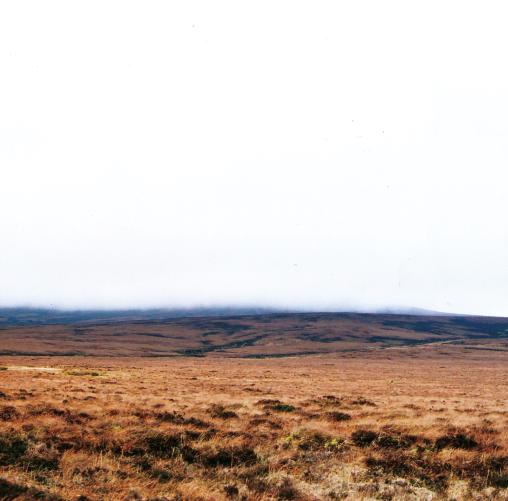Of all the guitarists associated with the Takoma School, it’s hard to think of one who imbued folk music with quite as much mystical portent as Robbie Basho. 1978’s “Visions Of The Country”, his tenth album, is a fantastic case in point: “I would paint for you a portrait of North America as a beautiful woman,” he wrote in the original sleevenotes, “when she was young and untamed.”
Consequently, Basho turns a suite about the American West into a courtly romance; imagine John Renbourn drawing on Native American myth rather than old English legend, perhaps. Visions… has been long out of print, thanks in part to it having been struck out of the catalogue of its original label, Windham Hill, deemed too spirited for the New Age brand. Now, though, it’s revealed as one of Basho’s masterpieces, up there with a personal favourite, “Venus In Cancer” (1969).
Alongside the lyrical 6 and 12-string solo pieces (“Elk Dreamer’s Lament” is terrific), there are rare piano etudes, while his reverberant, often-criticised voice has echoes of Tim Buckley on “Blue Crystal Fire”, especially. During “Leaf In The Wind”, Basho also reveals himself to be a highly accomplished whistler.
The third solo album by Californian guitarist Danny Paul Grody arrives, serendipitously, around the same time as the Basho reissue. Grody, formerly of post-rockers Tarentel, is very much one of those guitar soli in the Basho mould, who pushes his music away from Primitive American tradition and towards something more meditative. James Blackshaw is perhaps his most obvious 12-string contemporary, but Grody moves further still into ambient and minimalist zones. Subtle electronic drones seem to increase as the album progresses, situating his music as close to an experimental duo like Mountains as that of the new-school Takoma kids.
Brooklyn-based guitarist Steve Gunn, meanwhile, is on a hot streak this year. After an exquisite solo set (“Time Off”), and a mellow collaboration with Hiss Golden Messenger (“Golden Gunn”, on the same label as the Grody album, Three Lobed Recordings), “Cat Mask At Huggie Temple” is more exploratory, moving back into the blues-raga territory of his two Gunn-Truscinski Duo albums. The collective responsible is called Desert Heat and, alongside Gunn, John Truscinski returns on drums, again playing Billy Higgins to Gunn’s Sandy Bull.
These two long jams are given added heft, though, with the addition of Cian Nugent, an Irishman who’s recently shifted from acoustic fingerpicking to a more psychedelic, electric style. Further evidence, perhaps – alongside forthcoming albums from Chris Forsyth and from Nugent with his own band, The Cosmos – that the prevailing underground fashion is for onetime John Fahey acolytes to plug in, without sacrificing intricacy and nuance.
Follow me on Twitter: www.twitter.com/JohnRMulvey



